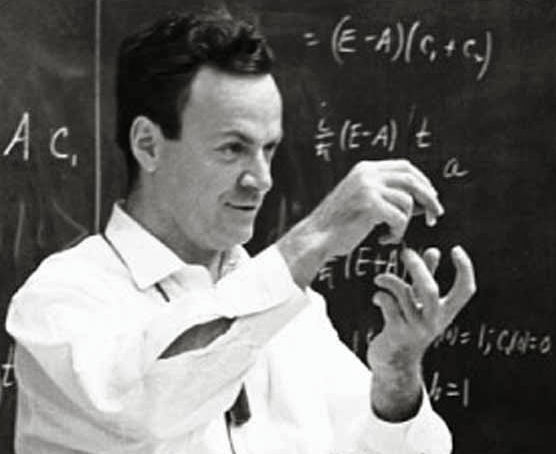Nobel prize-winning physicist Richard Feynman was asked to oversee a group of engineers who were tasked to perform a seemingly endless series of tedious calculations. The math wasn’t especially difficult for these engineers, but the work proceeded very slowly, and was full of errors. Feynman realized the problem wasn’t the math, but that the engineers were disengaged. He finally convinced his superiors to let the engineers in on the secret – they were performing calculations that would enable them to complete the race to build the atomic bomb before the Germans did. Their work would win the war. From that point forward, the engineers worked 10 times faster than before, with few mistakes and with fierce commitment.
Does your leadership provide people with meaning that matters? The question might sound more like this: What is the overarching purpose that sustains our collective commitment to excellence in the tedious, less glamorous tasks of our day-to-day work? Does the work itself matter to us?
Gallup research found that 71 percent of American workers can be described as “not engaged” or “actively disengaged” in their work. Scott Mautz wrote that a shocking number of people are effectively quitting and staying – settling for a paycheck, abandoning hope of finding fulfillment in their jobs, and knowing that they aren’t performing anywhere near their maximum potential.1
Leadership Techniques
The workplace of churches and para-church ministries are sadly not much better off than Gallup’s average. Leaders of faith-based organizations are all-to-often focused on technique. In other words, if a new approach to leadership is successful, – at least in the short term – then it must be right. If it doesn’t work, then it is discarded.
Almost fifty years ago, Jacques Ellul saw this dimming of ultimate purpose in western culture when he wrote,
Technique has become a reality in itself, self-sufficient, with its special laws and its own determinations. Let us not deceive ourselves on this point . . . Technique tolerates no judgment from without and accepts no limitation.”2
Meaning that matters is eclipsed in the Kingdom of Technique.
People need healthy portions of meaning that matters to thrive. If building the bomb could rally last century’s scientists, then what meaning matters for people in the new millennium?
1Scott Mautz, Make It Matter: How Managers Can Motivate by Creating Meaning
2Jaques Ellul, The Technological Society
Image Credit: CapeRay blog, The Promise of Nanotechnology

Leave a Reply